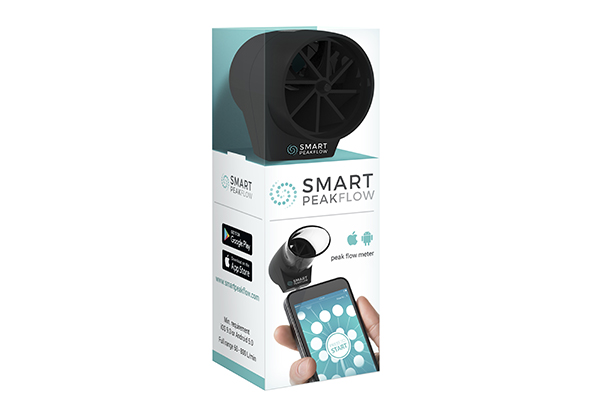Asthma can make exercising feel like a challenge, but with these easy tips is more than possible to workout safely
Dr Thomas Antalffy tells us more…
We all know that exercise is good for us – it keeps our heart and lungs healthy and our bones and muscles strong. More and more studies show that its great for our brains too – helping boost our mood and lowering the risk of dementia as we age.
Starting any new exercise regime can be challenging – especially when you’re out of practice and more used to sofa surfing than real surfing. So, the general advice is to start slowly and build up gradually.
For the 5.4 million people in the UK with asthma – that advice is especially relevant. If you have asthma it might be tempting to sit back and think you have the ideal excuse for not exercising – but in actual fact regular exercise can help reduce asthma symptoms by improving how well your lungs work and boosting your immune system. So, its definitely a good idea for anyone with asthma to make sure that exercise of one form or another is part of their life.
Can you exercise with asthma?
Absolutely! The overall goal of your asthma treatment is to enable you to live a full life, and exercise is definitely part of that.
As long as you’re looking after your asthma well, and your symptoms are under control, you can enjoy any type of exercise, whether you choose to go for a brisk walk every day, join an exercise class, or even sign up for a marathon. And by giving your lungs a regular workout you’ll also cut your risk of asthma symptoms.
Here is some advice on how to be smart about it.
Eliminate triggers
You should know what triggers your asthma and avoid the places and conditions that provoke it.
Your lungs are constantly exposed to pollution and bugs in the air you breathe.
Dust mites, smog, pollen, cold air, chest infections and cigarette smoke are the most frequent triggers.
Do your best to avoid these.
Prepare for the exercise
Using a Peak Flow meter before starting exercise will tell you whether your asthma is active in the background. If your readings have gotten worse in the past few days, be prepared to take it easy.
Taking your reliever inhaler (bronchodilator) before sports is a good preventive measure. Elite athletes take their inhalers right before training sessions and races.
What type of exercise is best for asthmatics?
If your asthma’s well controlled and you’re feeling fit and well there’s no reason to limit your choice of exercise.
But if your asthma’s not so good at the moment, you’re new to exercise or haven’t done any for a while you might find that moderate intensity aerobic activities suit you better.

Things like:
- Walking – take it at your own pace and increase speed and distance gradually
- Badminton or table tennis usually involve less running around than other racket sports like tennis or squash
- Team sports such as cricket, netball or rounders give you time to rest in between bursts of activity
- Swimming is a good all-round exercise and can be particularly good for people with asthma
- Yoga, Pilates or T’ai chi – choose a beginner’s class which will allow you to go at your own pace.
If you haven’t been active for a while, take time to slowly build up your stamina. And remember short bursts of activity are much better than endurance sports.
If you like running, do 10 x 100m sprints rather than jogging along for half an hour.
If you go to the gym, focus on short sets on weights and machines, not an hour on the treadmill.
Switch it up and experiment with different types of sport
When should asthmatics stop exercising?
When you exercise, it’s normal for your heart to beat faster and your breathing to become quicker. If you’re doing vigorous activity, or you haven’t exercised for a while, you may feel out of breath, hot and sweaty, and your face may look red and flushed.
If you start to have asthma symptoms, you need to stop the activity and take your reliever inhaler quickly to avoid symptoms getting worse. Once you’ve been exercising regularly for a while you should notice that you get less out of breath and don’t need to use your reliever inhaler as much during exercise.
Its worth remembering as well that airway infections are behind 80 per cent of asthma attacks. So always give exercise a break if you have a cold, flu or chest infection.
Stop if for any reason your asthma kicks in during exercise. Take it as a rule that by the time you can feel your asthma, it is out of control.

Dr Thomas Antalffy is the inventor of Smart Peak Flow, the world’s first medically certified asthma monitoring device that plugs into a smartphone
- Best at-home workouts that really work
- The best sports bras for big boobs








